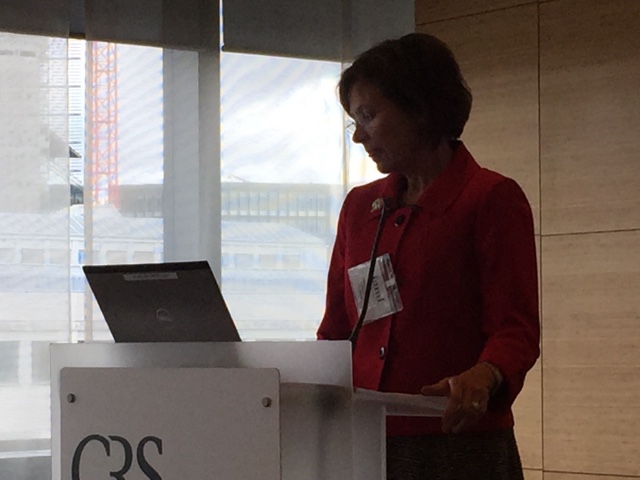History making conference in London
Since I last blogged, I have attended four conferences:
- the American Bar Association family law/assisted reproductive treatment conference in Carlsbad, California. At this conference I spoke about the ownership of gametes, including who owned eggs, sperm and embryos. I also met with officials from the American Bar Association, in an effort to help get the American Bar Association adopt the paper that I have co-written about the proposed Hague convention on international surrogacy arrangements.
- the history making LGBT Family Law Institute conference in London, at which I moderated a session.
- the history making International Academy of Matrimonial Lawyers surrogacy symposium in London, at which I spoke about surrogacy in Australia.
- the national Child Inclusive Forum in Brisbane, where I spoke about when children are interviewed in Family Law Courts proceedings, and especially when judges involve children in the court process.
International Academy of Matrimonial Lawyers surrogacy symposium
The symposium was simply the first time that the Academy has ever gathered together and discussed on one occasion issues to do with surrogacy. It drew on its strengths and had attendees from all over the world, able to give a snapshot in the one place of current global developments. There were speakers from North and South America, Europe, Africa, Asia and Australia. I was privileged to be able to speak about surrogacy in Australia.
The IAML is the leading group of family lawyers worldwide. Membership of IAML is by invitation only. Lawyers who are interested in joining IAML are asked to submit information to satisfy established criteria for membership in order to obtain the approval of the Board of Admissions. The process is a rigorous one, designed to ensure that the high level of expertise within IAML is maintained. I am a Fellow.
Since 1986, IAML has grown steadily, both in terms of the countries represented and the overall membership. The number of countries now represented is 49 and IAML has over 690 Fellows.
What was clear from the conference was that there were highly divergent views about surrogacy. Those from the US, for example, were very clear that in that country there is a generally recognised right to procreate. This has come about in part because of shameful history when people were involuntarily sterilised, for example.
By contrast the European outlook was much more a child centred approach, in which it was considered that a child has the right to have parents, not that people have the right to parent a child. It was seen that following Baby Gammy there needed to be more checks and balances at an international level in order to protect children.
One of the speakers was Professor Paul Beaumont, who called for a Hague Convention for international surrogacy arrangements, along the lines of the current Hague Intercountry Adoption Convention, which he labelled a “success”. He also said that intended parents under surrogacy were “not the same as natural parents”. When I questioned Professor Beaumont about this statement, and its impact on for example a woman who has undertaken cancer treatment, or a woman with no uterus, or one with polycystic ovary syndrome, he said that they were not the same as parents who conceived naturally, because they involved third parties. I pointed out that this occurred with non-surrogacy cases, where there were egg, spern or embryo donors.
Another speaker was Rich Vaughn, chair of the American Bar Association’s ART Committee (in respect of which I am the co-author with Bruce Hale of the committee’s position), which was that any Hague Convention should not be too onerous that the effect of which is to prevent international surrogacy occuring, resulting in intended parents becoming parents through backdoor and hidden paths, away form the eyes of regulators. He said that there was a difference between adoption and surrogacy, the latter involving the transfer of care of an existing child, and the latter the conception of a child through reproduction, and the two should not be conflated.
One of the critics of Professor Beaumont’s approach was Herb Brail, President of the American Academy of Adoption Attorneys. He did not see that the Hague Intercountry Adoption Convention was a “success”, but that after the Convention was in place there a precipitous decline in the number of adoptions, it would appear in part because of the Convention.
What was clear from the multitude of voices, with many different opinions expressed, is that there will need to be many more discussions in place before the form and outline of a Hague Convention are put in place. It remains likely that in the next two or three years that there will be a Hague Convention in place governing international surrogacy arrangements. Australia has been a keen funder of the Permanent Bureau of the Hague Conference on Private International Law.
It is up to all of us to remain keen and alert, so as to ensure that if there is to be a Hague Convention it is a sensible one, and not one that will repeat the pain, agony, delay and cost that intended parents have long experienced with international adoptions.




















